Meet the Chef Behind the Viral Dubai Chocolate, Nouel Catis, and How His Brand SNA’AP Is Crafting Million-Dollar Magic
By Jennifer Redondo
They say the way to a human’s heart is through the stomach. According to Chef Nouel, that is false! He believes the way to a human’s heart is by tugging on one’s heritage to draw connection and nostalgia. His theory has proven true, as he’s traveled around the world over the last 20 years, doing what he loves most – sharing his gift, cooking and creating delicious desserts for others, using local ingredients and familiar flavors. Chef Nouel Catis is Filipino by birth and heritage, but he is a global citizen currently living in Dubai, United Arab Emirates (UAE). You may not know who he is, but you may be familiar with his creation: the viral TikTok Dubai chocolate, which is a thick milk chocolate candy bar made with a gooey pistachio butter spread and crunchy knafeh (a crispy shredded phyllo dough). Now, he’s stepping out on his own, being unapologetically him with his own brand, SNA’AP, which is more than just a chocolate brand. SNA’AP embodies authenticity, innovation, and inclusivity.
We had the opportunity to sit with Chef Nouel Omamalin. Read on to learn more about him.
1. Tell us about yourself.
Chef Nouel: I come from a small town called Dipolog City in Mindanao, Philippines. It’s a really small town where everybody knows everyone. When I look back, I've always been a big dreamer. I’ve always looked beyond that small city. During the revolution of the Internet, when Wi-Fi was just getting popular, I was using dial-up modem. It was very slow! But that’s how I reached out to people around the world.
When I was so young, I got into baking because my mother owned a restaurant. My mother cooked and baked, but I gravitated towards baking. Baking was my comfort zone. When I was 20 years old, I exported brownies to Oregon, United States. In exchange for my brownies, the chef (that I sent the brownies to) gave me the Mrs. Fields Cookie Book, which was not available in the Philippines. That book became my baking Bible.
2. How did you end up in Dubai?
Chef Nouel: I was just in my twenties when I was already thinking about how I could take my career outside the Philippines. My only way out was to work at a hotel in the Philippines. I worked as a kitchen assistant at the Hyatt Hotel in Manila for less than a year until I got a big opportunity to work at the Burj Al Arab, the seven star hotel in Dubai.
When most Filipinos go abroad, their main goal is to support their families. Though that was one of my goals, I also wanted to expand my knowledge. I wanted to become a better chef. I wanted to become a full-fledged pastry chef. At the time, I was a demi chef at Al Mahara, the underwater restaurant at the Burj Al Arab. Because the hotel was at its prime, I had access to the best ingredients. It was the pride of the Middle East, they had gold everywhere. They had the most expensive tools and equipment. They didn’t care about what was in the fridge: caviar, the most expensive coffee, whatever, you name it! I was spoiled with having access to really rare, hard to find expensive stuff. I was really lucky to work there during that time. When you work there, you pretty much have an open ticket to anywhere in the world. In the span of a year, I was able to jump from demi chef to pastry chef.
3. Where else have you worked in the world?
Chef Nouel: After Dubai, I moved to the Fiji Islands for two years then I went to Beijing, China. I worked at the Westin in Beijing during the 2008 Olympics. Our first guest was the Bush family, the former presidential family from the United States. I was in charge of making them breakfast. Before I could serve them, I had to go through security clearance and background checks just to serve them breakfast for five days. It was so crazy, and I only slept three hours each night, and I almost felt like collapsing that week.
Around 2009, there was a big recession taking place in the United States. Despite that, I left the hotel and went to the United States to enroll in the French Culinary Institute in SOHO, New York. When I started my career, I was very young and I was not formally trained. I didn’t have any mentors and during that time, I didn’t realize I was asking for too much. I just took a big bite of something, which was probably too big for me to chew. It proved later on that I shouldn't have rushed my career. I was just too excited but again, it was part of my journey where I learned how to humble myself over time.
I’ve always wanted to go to school because I’ve never been taught properly in a formal setting. When I applied they didn’t want to accept me because they said I had too much experience. They told me that they didn’t want me to be disappointed. I told them I would behave as a student.
Going to school would give me the opportunity to meet people that I’ve always adored. There were so many chefs that I looked up to, that were my instructors at the French Culinary Institute. Of course I was most excited about Jacques Torres. I grew up watching his shows. So for me, he's the ultimate chocolate guy!








4. What was it like being in school after having all that real life experience?
Chef Nouel: I already knew a lot of what they were teaching. But, I just wanted to be a student and I wanted to feel what it was like to be a student. I've never been in culinary school, just hotel and restaurant management.
There were times when I would do something and then the chef instructor would tell me to slow down so that my classmates could catch up with what I was doing. I was already advanced compared to them, but it was just exciting to interact with a lot of my favorite chefs!
They sent me to Jacques Torres’ shop in New York during his book launch! I was assisting him, and they put me in different places and gave me a lot of exposure. I spent two months learning about chocolates, bread, and of course, bagels since that is such a big thing in New York! I felt like I was finally properly getting schooled, receiving training and obtaining information from chef instructors which I never had received before.
5. What did you do after finishing culinary school?
Chef Nouel: After finishing school, I was not sure what I was going to do because of the recession. Luckily, for me, there were few jobs available, and that’s when I got a job in the Maldives. The Maldives is good to go for holiday, but not for work. It’s such a small island that you can kayak around the island in just 30 minutes. It’s tiny!
Imagine living in the same place where your guests are also staying. There's really not much of a separation, and the world became too small for me. I only stayed for about eight months. I was always restless, and I just wanted to keep going and exploring the world. Being in a hotel gave me a ticket to travel around the world. It made it easy for me to jump from one hotel to another. After the Maldives, I wanted to test myself and see if I could survive in another Arabic kitchen. I landed in Jordan and worked in the Dead Sea.
6. What’s it like living and working in the Middle East?
Chef Nouel: I started my career in Dubai, and I wanted to end my career in the Middle East. I had a tough time in the beginning. I felt like they were testing me out. Luckily, I was able to embrace their culture and that’s when they started to respect me. I had so much fun in Jordan, and it turned out to be a very great experience. My dream was to work in a restaurant or put up my own pastry shop. The only way for me to succeed is to show my artistry, by working on my own. When you work in hotels, everything is set – from the budget to the menu. So when I came back to the Middle East, I got a job opening a shop, but it never opened. I was paid to wait for a year while I partied and socialized. Then, I was forced to return to working in a hotel in 2011. I didn’t know what else to do so I worked at The Fairmont for two years. That was my final hotel before I pivoted.
I then went to work for Etihad’s Inflight chef program. It was so appealing to me because I loved to travel and I got to work as a chef on the flight serving first class passengers. It’s the only job I've had for more than two years. I stayed there for five years and it was the best time of my life. It gave me time to reflect more on what I really wanted to do. It also gave me more confidence. I was able to interact directly with the passengers and crew from different countries. It made me more sociable. I was able to explore different countries, cuisines, and desserts from around the world. I left Etihad when I discovered my niche. I became a solopreneur and I opened my company, Nifty Chef Consultancy. It was named after my first publication, Nouel’s Nifty Chic Baking. In my book, I express my creativity and share my journey. I was still trying to find myself, and it’s not reflective of who I am today.
7. What does it mean to be a “heritage chef”?
Chef Nouel: I had to decide what kind of a chef I wanted to be. I never had a mentor so I put some thought into what should I be known for? That's when I coined my own term – “heritage chef”, which I go into depth in my TEDx talk. Having worked in the Middle East, I learned that their pallets are so different and they're using spices that are not common to Filipinos. Their appreciation for chocolate is different, their appreciation for anything in general, is different. For me, it was really important to embrace their heritage.
Also, understanding more about my heritage, as a Filipino, plays a huge part. When I was a kid, I think back to what did I enjoy eating? What was a childhood memory that made me happy? What did I munch on to feel better when I got bullied? In general, I do have my childhood favorites from home. Of course, ube is one of them, but it’s not as widely accepted in the UAE as it is in the United States and UK. They think ube tastes like soil, like it comes from the ground (which it does). There's no way they can actually relate to anything. My mission is to get them to embrace ube, and I would like to take on that challenge!
I used the heritage formula to understand Arabic culture. It turned out to be the best formula ever because they started to accept what I presented to them. I hope to introduce them to my heritage, and hopefully they will one day be able to embrace and appreciate it, too.
I've always been advocating the need to respect others’ culture. Embracing other people's heritage is the key to us understanding and connecting with others. In order to succeed in winning over someone’s heart, put a piece of his or her heritage in that dish. You will be able to tug on their emotions. That’s why the Dubai chocolate went viral. Understanding their heritage was key to developing the flavor profile.
8. Tell us about the viral Dubai chocolate that you invented.
Chef Nouel: In 2021, I created “Can’t Get Knafeh of It” with Sarah Hamouda, who is now the owner of FIX (Freaking Incredible Experience) Dessert Chocolatier. Sarah and I partnered as founders of FIX, and I created five different flavored chocolate bars. One of them being the knafeh flavor, which became the number one seller. I also made other flavors like Indian chai latte, and more American flavors like brownies, rice krispies, and cheesecake. It’s beautiful to see people around the world raving about it. I love that people are curious about what exactly is knafeh.
In the Middle East, they typically eat knafeh, which is kind of like what cheesecake is to Americans. Knafeh is a traditional Arabic dessert made with pastry dough, sugar, cheese, and pistachios. Chocolate is more of a modern addition in the Middle East. I took chocolate and incorporated knafeh. When combined, it becomes a new treat, and a new indulgence. It also worked because of the ASMR, you can literally hear the crunch in your ears. The color profile is different. It makes people wonder what's inside? They get curious about the small noodles?
I was able to build a recipe that people are not familiar with, but now the world is embracing it because of the experience. It’s a testament to how strong heritage is. This is why, whatever I do, I always touch on heritage to create something unique in the culinary world. That has been my formula.
9. What has been the biggest obstacle that you've had to face in your career?
Chef Nouel: I was too ambitious and I was swimming in the deep, but I wasn't even trained on how to swim properly. I could have drowned there. My biggest obstacle was being over ambitious and not knowing my limits. If I continued on with that journey, and not checked my ego first, then I think I would probably not be successful in my career. I was using my ego as a shield to protect me from my own weaknesses.
10. What's your favorite Filipino dish?
Chef Nouel: Kare kare!
11. What would be your last meal on earth?
Chef Nouel: Fried galunggong, which is a small mackerel scad fish found in the Philippines. It's always over-fried, crunchy to a point where you can also eat the bones because they really fry it so much, they call it the “long gone.”
12. What are you currently working on now?
Chef Nouel: I am working on my own, focusing on my artistry, and continuing to connect with others. Occasionally I join food competitions. I continue to consult and teach master classes.
As I’ve mentioned already, for most of my career, I have been cooking and consulting for others. Now, I am focused on my own brand. I’ve helped and watched others succeed, but now it’s time for me to step out and take the spotlight. I need to change my mindset, reclaim my space, and reinvest in myself. So, in October 2024 I launched my latest work of art: SNA’AP!
I created SNA’AP because it's a form of a new kind of rebel revolution in what I do. I’m finally putting myself at the forefront, instead of being in the shadows. SNA’AP is all about me: a person who loves pop art, colors, street wear, and being free. You will see a lot of me, in terms of what I believe, through SNA’AP. At SNA’AP, I am selling my own replica of the viral Dubai chocolate bar. I am going to continue to innovate and take it to the next level! I am going to continue what I started with FIX – that’s just the beginning! On the first day that I launched, I sold 2,000 bars. Then I commissioned another 6,000 bars in two days. The orders just keep coming in! We have a partnership with Yamanote Atelier, and our bars are available at select locations across the UAE. They’re flying off the shelves here in Dubai! There is also a dark edition out and more flavors in the pipeline that will launch soon.
I believe in being socially responsible and giving back to the community as well. There will be a bar that gives back to the farmers. Even the packaging is eco-conscious. I will collaborate with artists to create the design of the packaging, giving them the creativity to be free and part of a collective. That’s my vision for SNA’AP! It's not just chocolate, but it's all about being forward, free, vibrant and innovative.
13. Where can people find you?
Chef Nouel: You can head to the SNA’AP website and you can follow me on Instagram @snaap.dxb and @chefnouel.
Written by Jennifer Redondo
Co-Founder and Co-Author of In Her Purpose







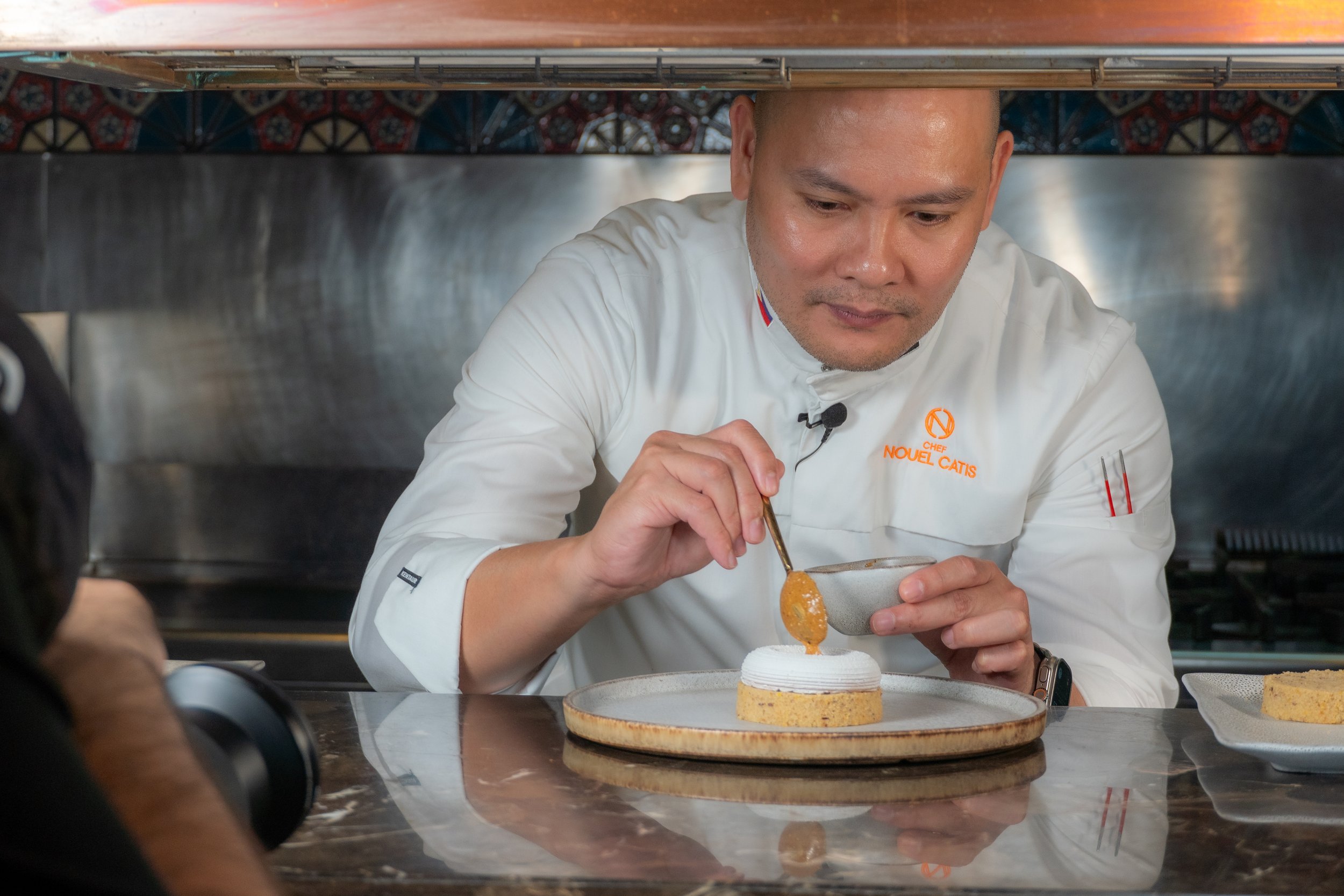


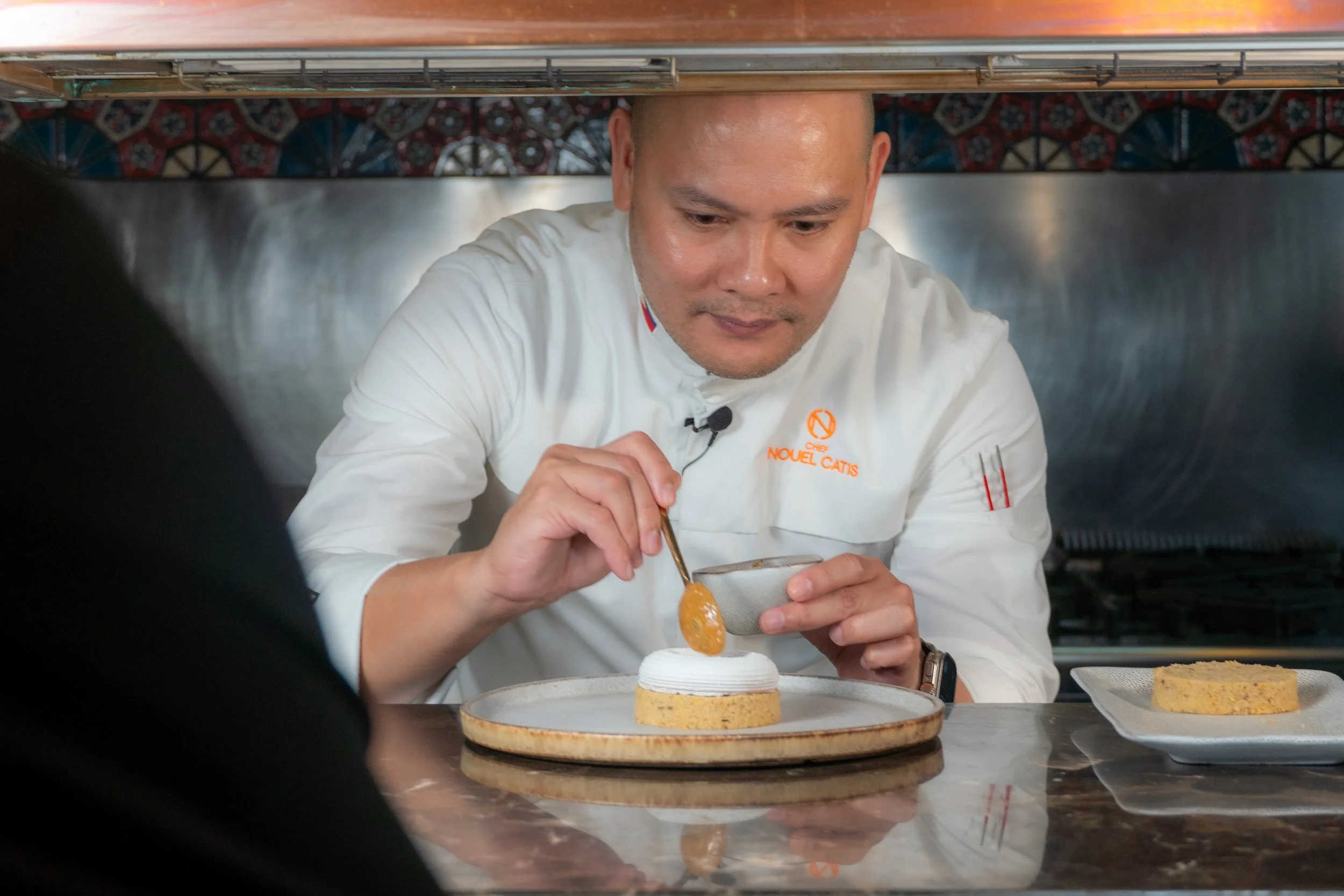











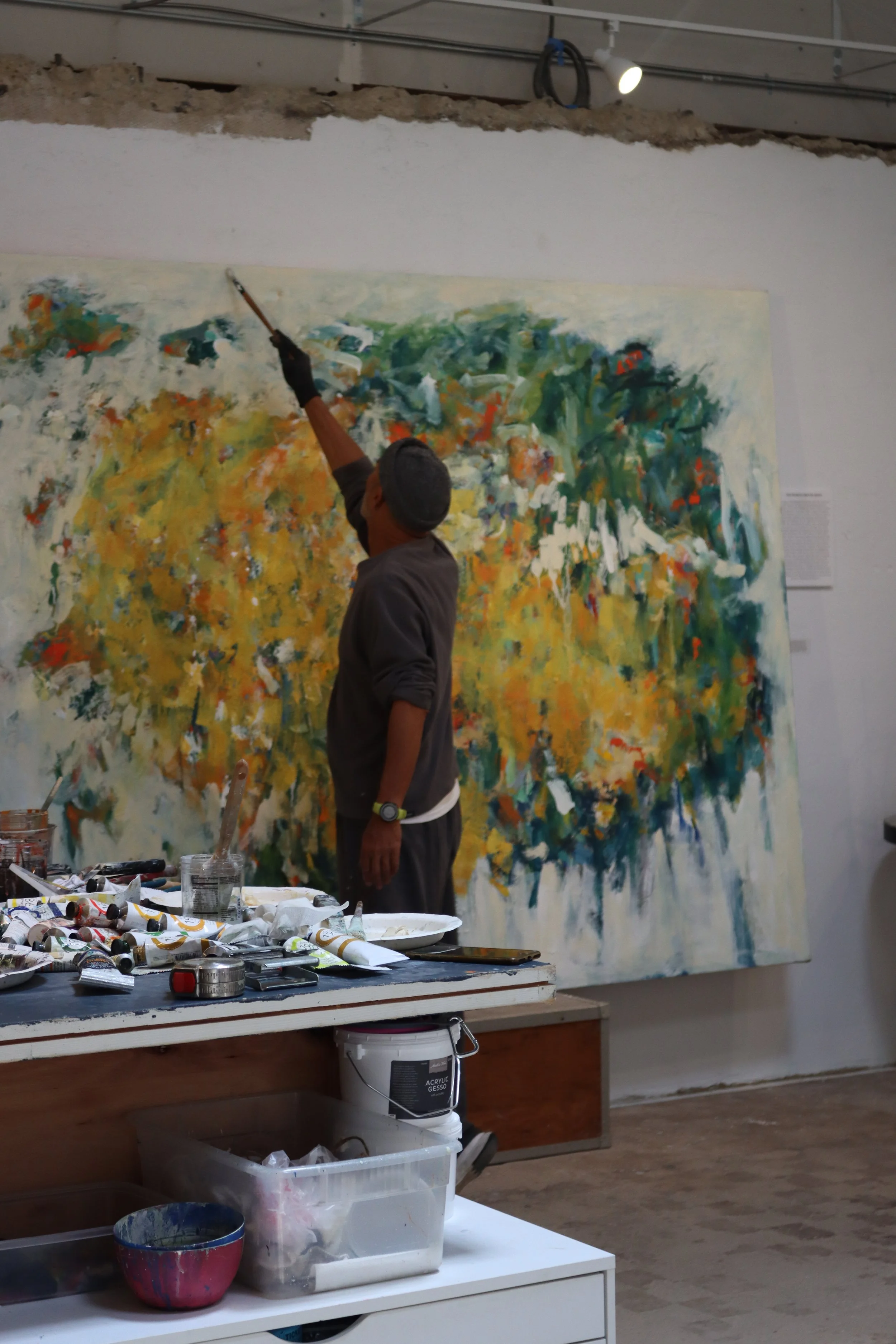
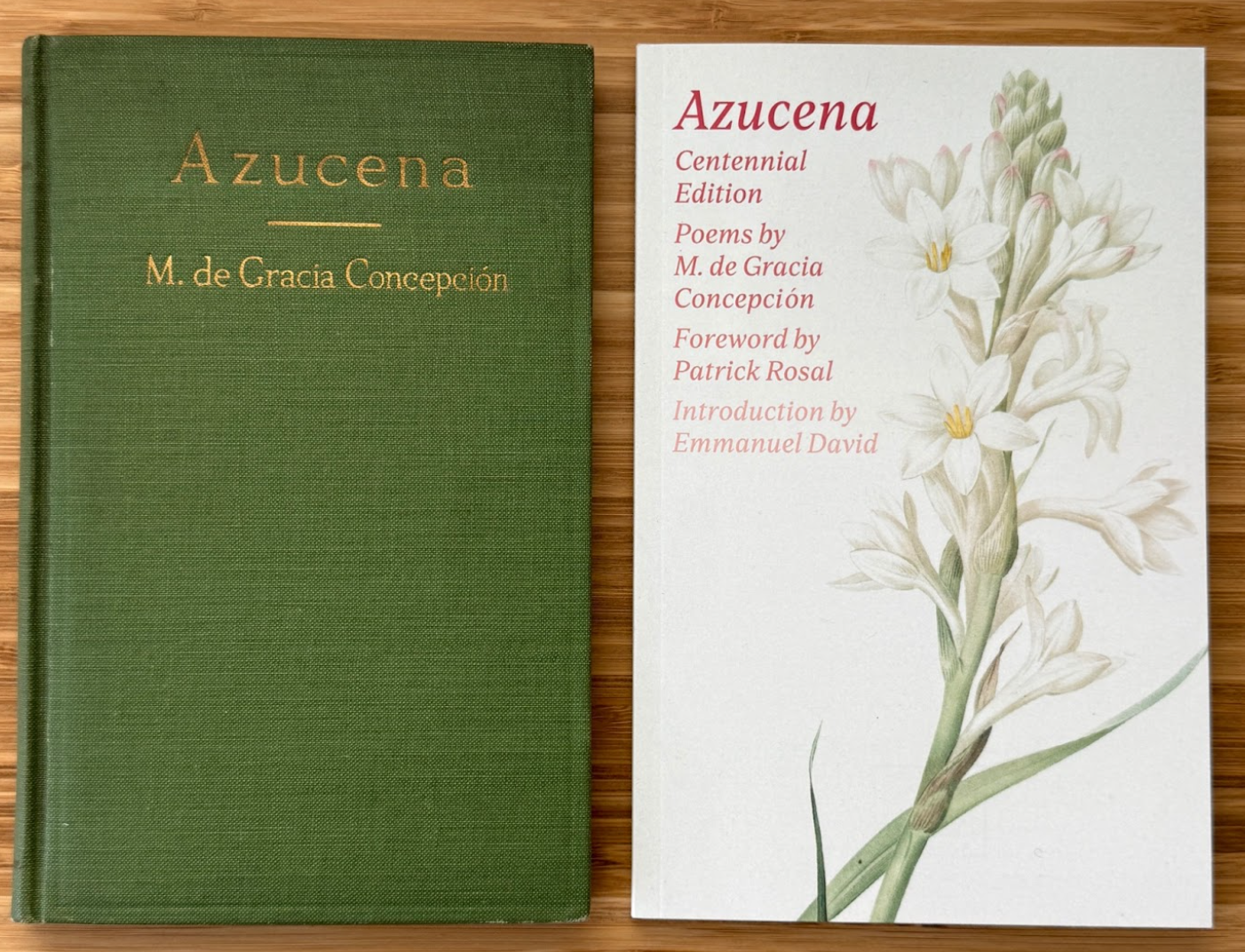
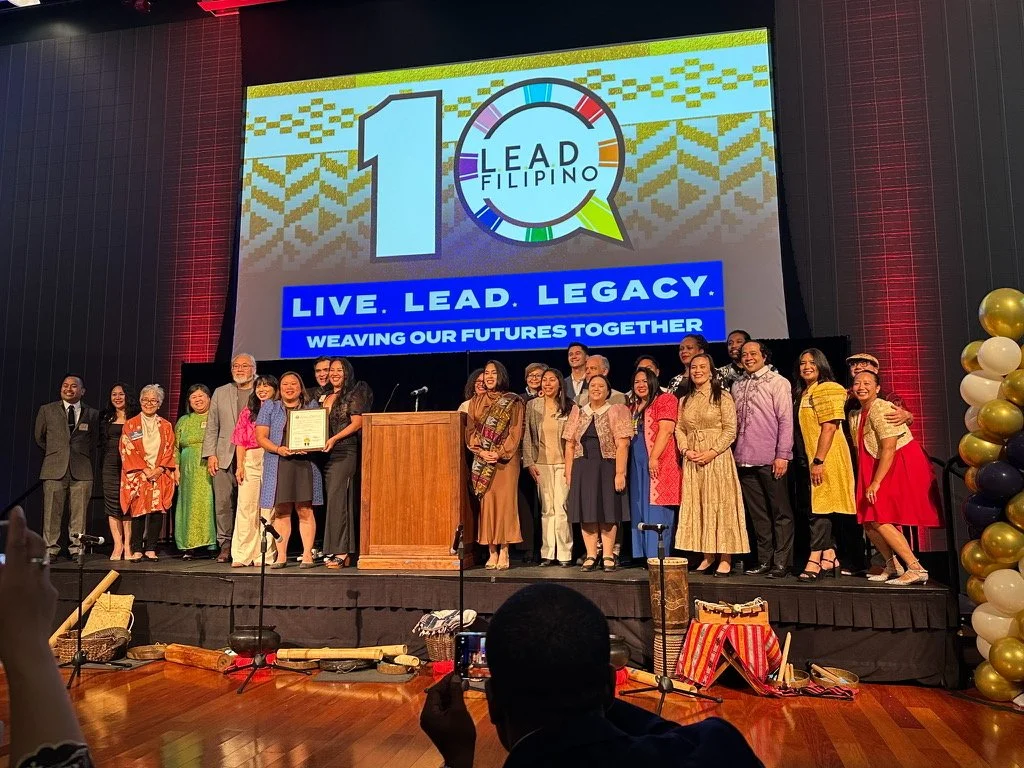

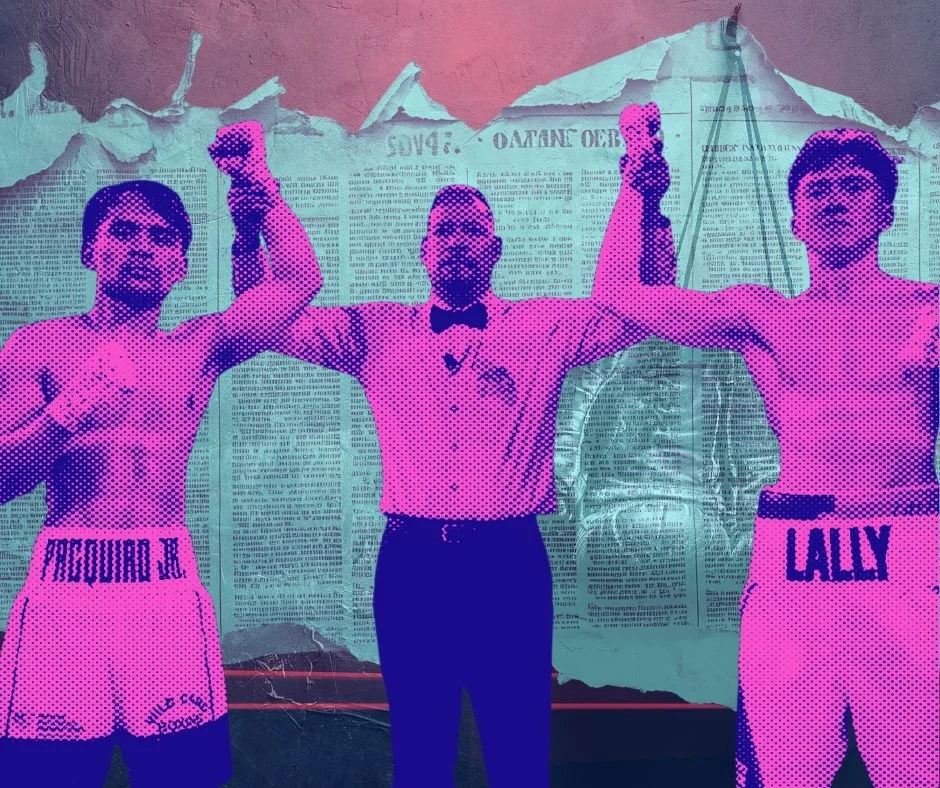


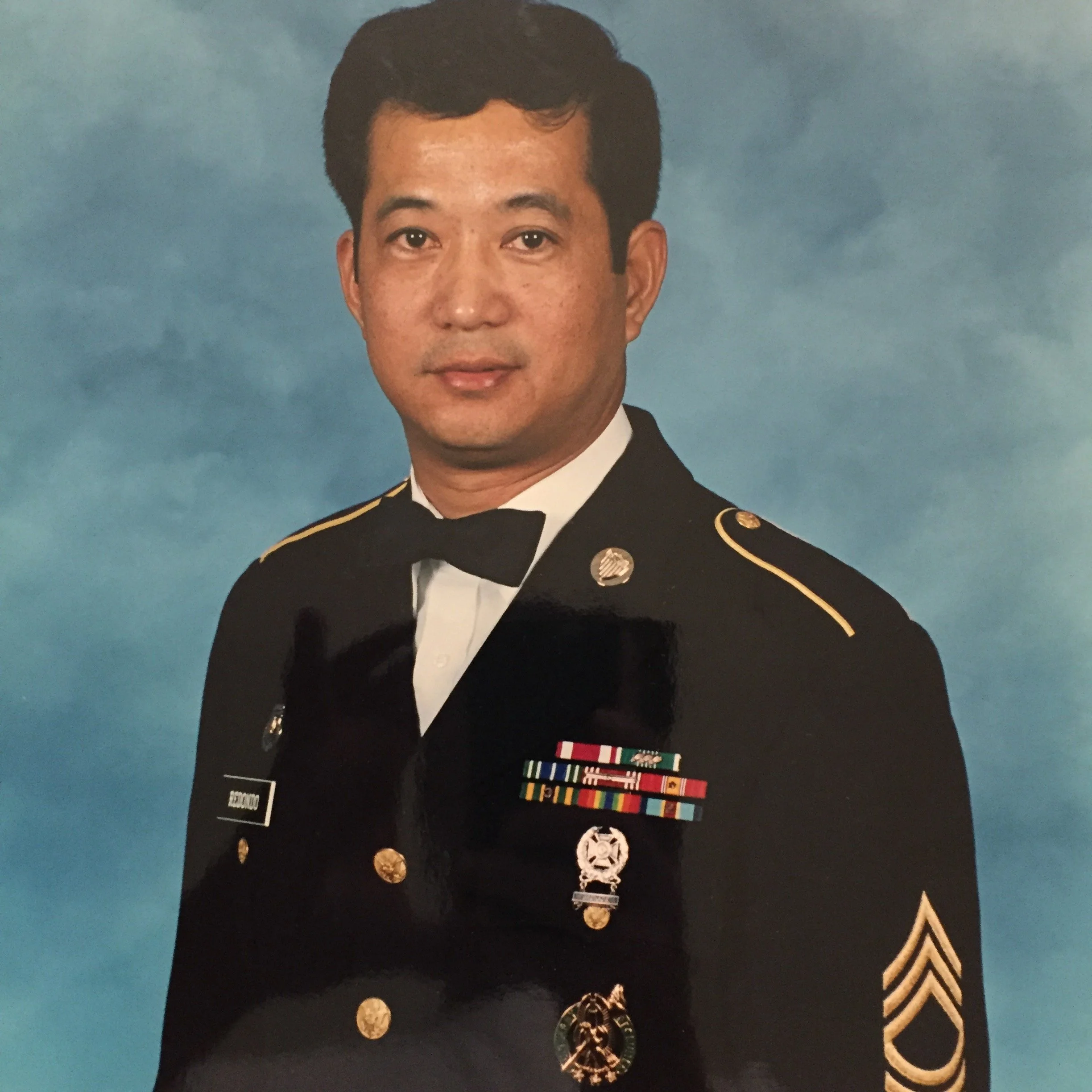









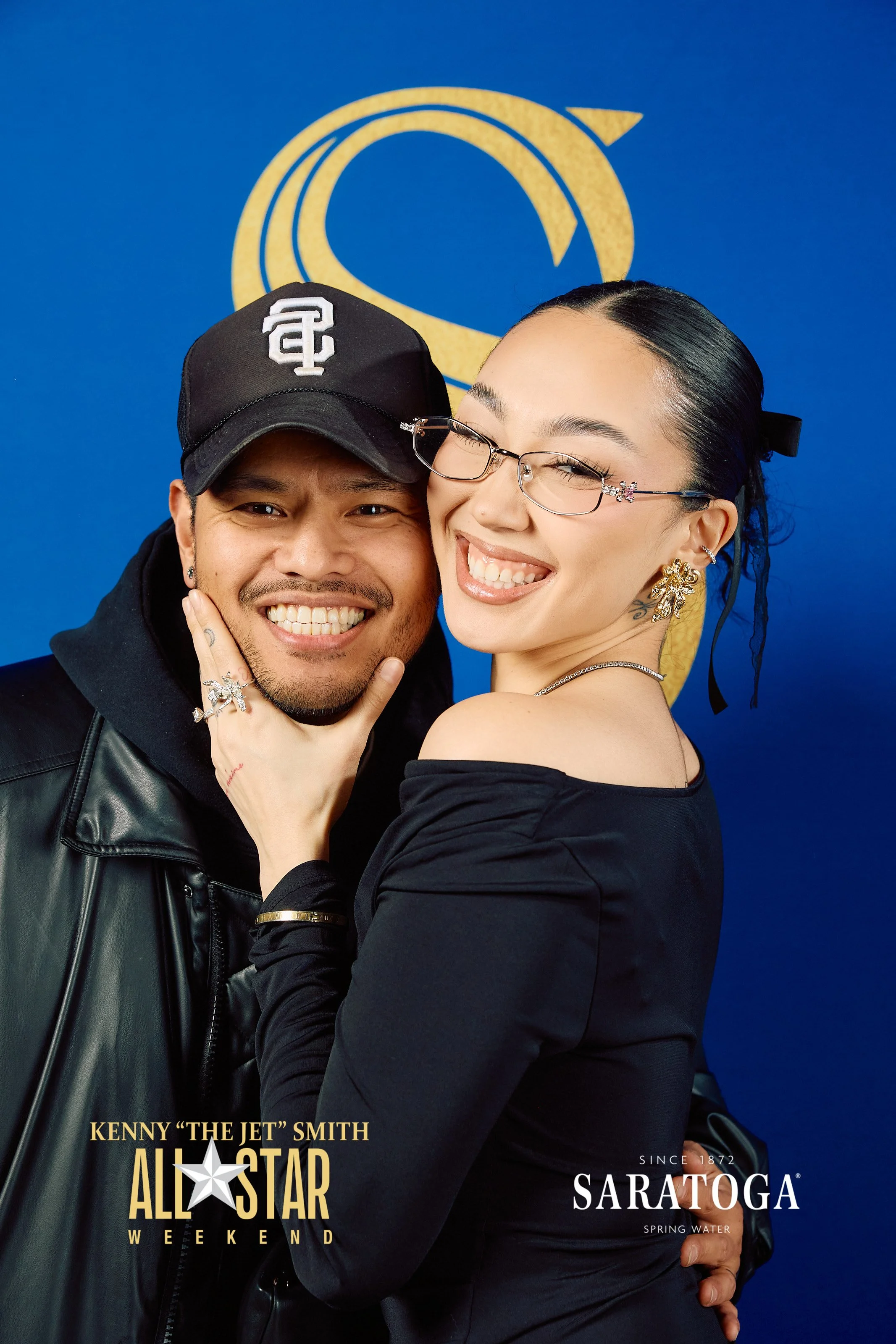

When the Avengers: Doomsday one-year countdown dropped, audiences didn’t just watch. They paused, replayed, shared, and even speculated about hidden messages. A week later, the clip surpassed 14 million views, becoming a viral moment picked up across major media outlets that fueled anticipation for the next chapter of the Marvel Universe.
The countdown video was the result of a collaborative effort led by AGBO and its studio partners. Supporting the marketing team as a contracted editor was Joshua Ortiz (@joshuajortiz), a Filipino American filmmaker whose career has steadily built toward opportunities to contribute to projects of this scale, alongside earlier success with the short films he has written and directed.